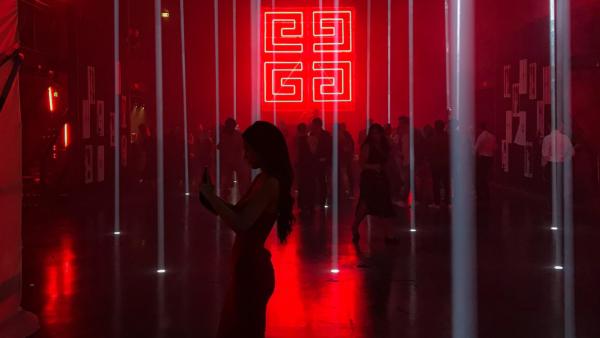Original Air Date:
December 07, 2014
Does death gives life meaning? You might think so, looking at the prominence of death and the afterlife in so many religions. For millennia, people have dreamed about immortality, and now transhumanists are trying to extend life by merging our selves with machines.
In this hour, we explore the philosophical and religious dimensions of mortality and the afterlife. We talk about the art and poetry of remembrance, and now that much of our lives are lived on-line, how do we plan for our digital afterlives?
Looking to weigh in on Samuel Scheffler's thought experiment? You can do so here.
Last modified:
August 02, 2024



